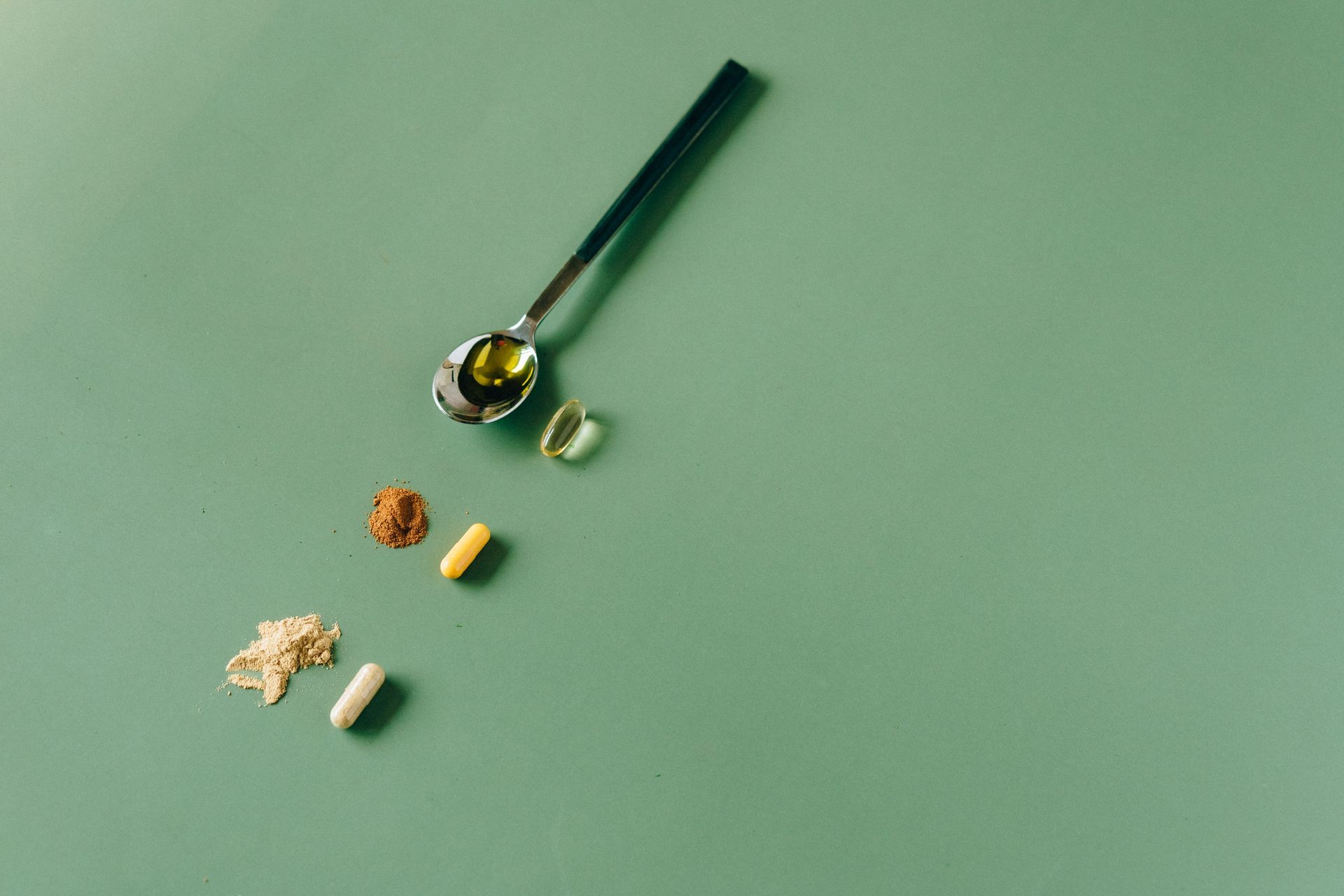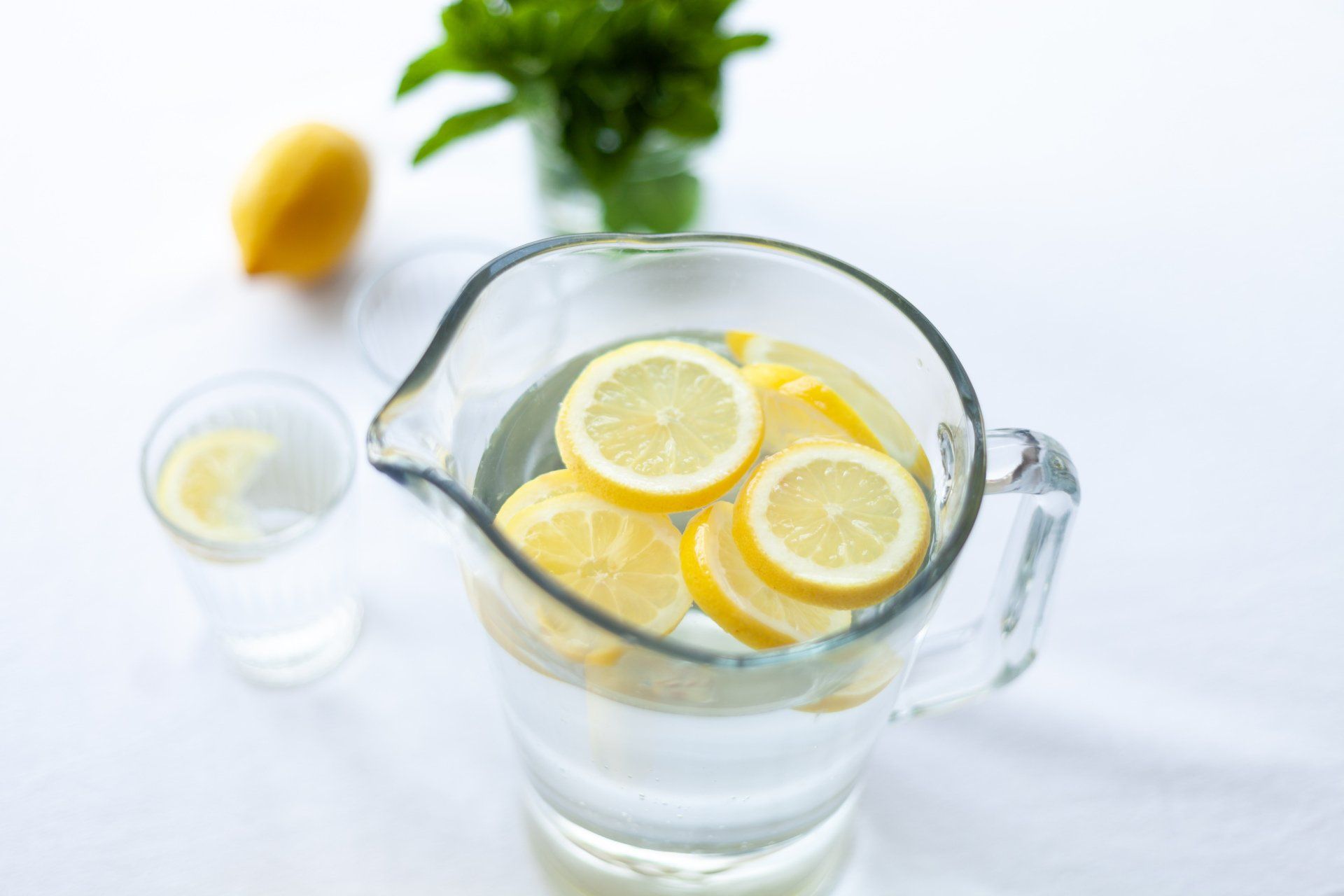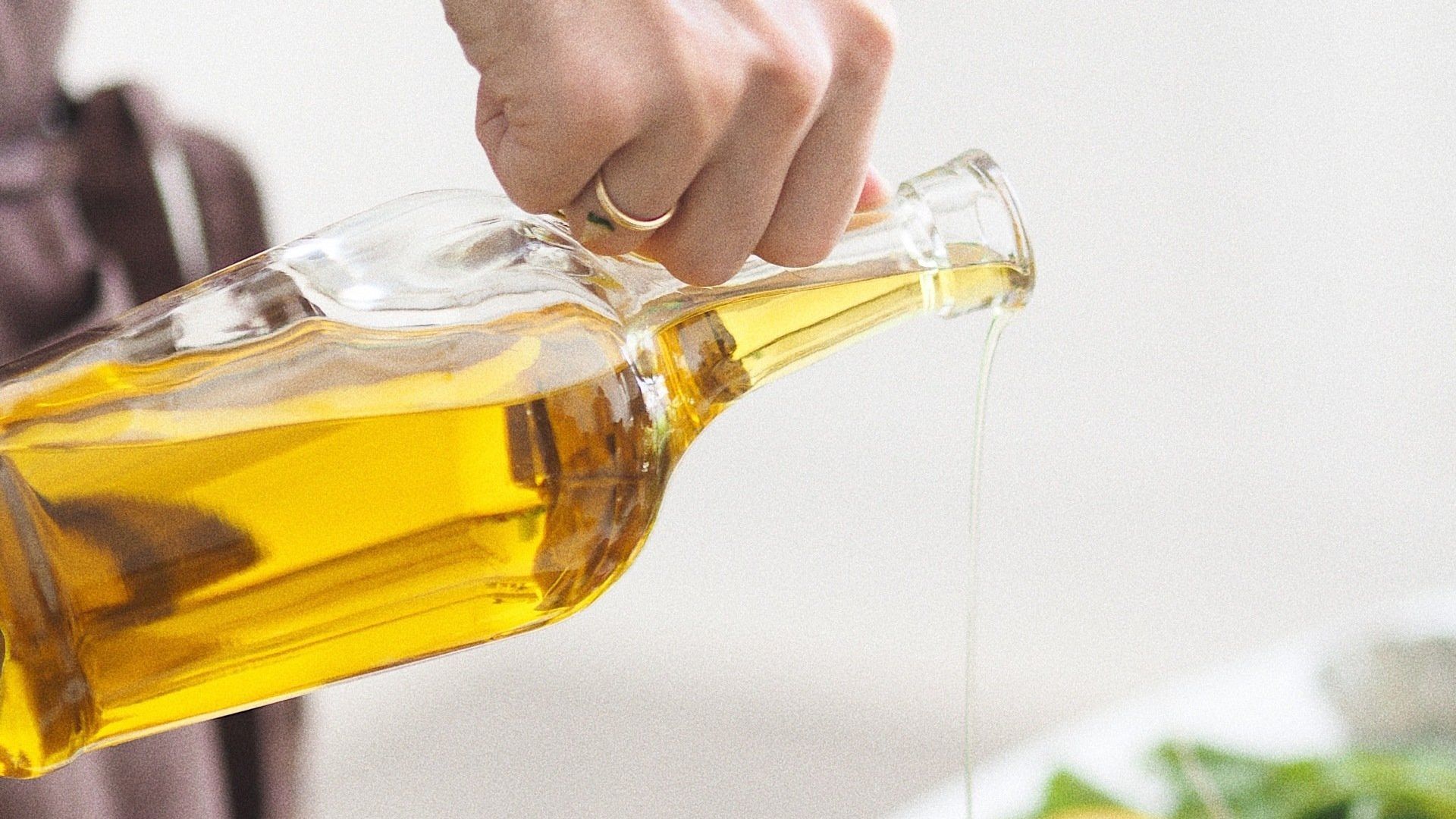The only diet you need this year
January was as tough month for us all. No matter if we are into the "new year, new me" craze or not, nobody can avoid being exposed to someone who's suddenly into a new diet, detox, doing a challenge and whatnot. I kept quiet on here because I don't think contributing to this noise in any way is helpful. Now that everyone has recovered from January madness, it's time to actually think about what will help you achieve your wellness goals this year. Is there a good diet you can start? I have some tips for you below.
Do all diets fail?
This is discouraging to hear for many dieters. It seems like some weight regain after a diet is almost inevitable. However, that does not mean that all diets are pointless. The more guidance and support you get during your dieting efforts, the more likely you are to keep weight off. You naturally lose weight more rapidly in the beginning of a diet and then you will hit a plateau. How well you are prepared for stalling weight loss is what determines your success past the weight loss plateau. Will you have the tools to continue making changes or will you get frustrated and go back to old habits?
People who are patient are usually rewarded, because slow weight loss is more sustainable than rapid weight loss, achieved through crash diets. And that's why building healthy habits is a way more powerful tool than losing a lot of weight quickly. One will make you look good for one night. The other enables you to slowly get to a place where you feel good about yourself inside and out.
Sounds so easy... but I'm not claiming it is.
Why you can't stick to resolutions
There are a few things that set resolutions up for failure. They often are not specific, measurable, achievable, relevant, or time-bound (aka. SMART). Non-specific resolutions look like "I will eat less junk". A specific goal would line out what less means and what junk food encompasses. For example, I will limit cookies to one per day. And that also makes your goal measurable which it wasn't before because "less" is not a measurable value.
If you are thinking that one per day is a lot, that's where achievable comes in. Because if you are currently eating multiple cookies daily, limiting it to one per day is already a huge change. Going cold-turkey works for very few people and only temporarily. Making small changes, gradually is what makes goals achievable.
Next, is relevant. This means that your goal needs to be aligned with long-term goals. Is junk food even your problem, or is it your relationship with food that is to be fixed? Are you even focusing on the core problem or are you patching up the holes without looking inward? This is where you need to be very honest with yourself and understand why you are setting a goal in the first place.
And lastly, you have to make sure you have a timeline. This is the only way to hold yourself accountable. Therefore, you need to know by what date you want to have achieved said goal and then reassess you progress. For example, "I will eat one cookie per day for the next two weeks". In two weeks you can check in with this goal, and if it works you can continue decreasing the frequency of eating cookies until you achieve what your ultimate goal is (for example one per month). If it doesn't work you can reevaluate what went wrong and adjust your goal to increase the chances of success.
What makes people successful?
You might think it's just about willpower but it's not. It's more about being smart about lifestyle changes, going slow and steady, and not overwhelming yourself just to burn out quickly. We are used to instant results and often get discouraged when things don't work out right away. Unfortunately, fixing years of bad habits can't be done overnight and expecting it isn't very realistic. To break a behavior you repeated thousands of times over years, it takes more than a wishlist.
The discipline it takes it not so much about forcing yourself to say no to a cookie but to be able to set goals that you will be able to follow through on and checking in on your progress. Sometimes doing less is the biggest challenge.
How you can move past a resolution to action
Small goals are better because they are achievable. If you never eat vegetables, start with adding them to 3 meals per week instead of eating salad at every meal. If you never exercise, start with walking 2 times a week and yoga once a week, instead of going for a run daily. Leaving room for progress also gives you the opportunity to grow and discover what you actually enjoy. This makes it way more likely that your new lifestyle habits will become part of your routine long-term.
When you make goals that are a form of punishment, you naturally will be resistant to start a new behavior. The only way to be excited about a new diet or a new exercise routine is to choose something you can look forward to and what brings you a feeling of accomplishment. Of course you will have to push yourself in the beginning but the difference is in whether you are doing something our of self-love or self-hatred.
It can be hard to go slow because we are constantly exposed to other people, who seemingly do so great. However, what people share is usually a small portion of their journey. The most important thing is to focus on yourself and avoid comparison when making changes. We are all on different journeys.
Are you still confused?
Making lifestyle changes is complex. It takes a lot more work than writing down a few things you wish you could achieve by December (that you likely already forgot about). It takes a conscious effort, reflection on what you are able to do, and constant reevaluation.
This is not something easily done alone. We get busy with life and forget about our goals. That's where having support comes in handy. Whether it's a friend, family member, an accountability buddy, or a professional who keeps you accountable, we all need some external motivation, at leas until we develop new habits. Working with a dietitian can be one way to make sure someone is there holding your hand as you make positive changes.
Making lifestyle changes is incredibly hard. But once you let go of the need to be perfect and realize that doing small changes and slowly moving up to where you want to be is more powerful than going all in and failing, you will truly begin to create a healthier life for yourself.
Share this



